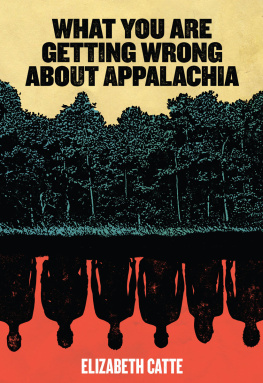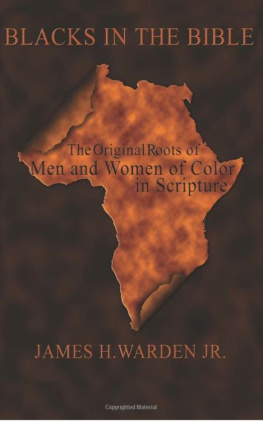Copyright 1985 by The University Press of Kentucky
Scholarly publisher for the Commonwealth,
serving Bellarmine University, Berea College, Centre
College of Kentucky, Eastern Kentucky University,
The Filson Historical Society, Georgetown College,
Kentucky Historical Society, Kentucky State University,
Morehead State University, Murray State University,
Northern Kentucky University, Transylvania University,
University of Kentucky, University of Louisville,
and Western Kentucky University.
All rights reserved.
Editorial and Sales Offices: The University Press of Kentucky
663 South Limestone Street, Lexington, Kentucky 40508-4008
www.kentuckypress.com
Cataloging-in-Publication Data is available from the Library of Congress.
ISBN 978-0-8131-0162-0 (pbk: acid-free paper)
This book is printed on acid-free recycled paper meeting
the requirements of the American National Standard
for Permanence in Paper for Printed Library Materials.
Manufactured in the United States of America.
| Member of the Association of
American University Presses |
Foreword
NELL IRVIN PAINTER
The plural nature of American society makes its study endlessly fascinating, yet scholars and policymakers sometimes disregard the nuances of our complicated culture. Black Appalachians, whose experiences have not conformed to stereotypes of black life, are, for that reason, an invisible people. Southern and Afro-American studies, the two fields of inquiry that ought to have noticed black Appalachians, have traditionally described a generalized black-belt plantation South and have divided Southerners into two categories: planters and their descendants (the powerful, the oppressors) and slaves and their progeny (the powerless, the oppressed). Wilbur Cashs classic Mind of the South (1941) is one of the few influential works on the region that keeps ordinary people in view, but Cash envisioned blacks as shadowy figures, aliens in their native South. Southern blacks have yet to find a Wilbur Cash of their own, but this collection makes a start by paying attention to southern blacks outside the plantation economy who were able to forge their own destinies and to pay their own way. This book begins to define some of the nuances of southern life by concentrating on a people who appeared in several capacities and migrated out, who worked in the mines and lived among whites of modest means.
For several reasons, the present volume will prove valuable to its readers, whether they are humanists, social scientists, or shapers of policy. The varied essays on history, communities, race relations, labor, politics, and personal experience are the work of scholars with intimate and extensive knowledge in the fields of Appalachian and Afro-American studies. For me, however, two sections of this volume are especially attractive, those on historical perspectives and on black miners.
Just as southern history is only beginning to take Appalachia into account, so American history has only recently considered blacks worthy of notice. Afro-American history was acknowledged as a legitimate field of study only after decades of research and writing by hundreds of historians who gradually unearthed the black past. Among these investigators, one man, Carter G. Woodson, has come to be known as the father of black history. He is represented in this book by an early essay published in the Journal of Negro History, which Woodson founded and which more than any other publication made Negro history into a respected field. That Carter G. Woodson contributes here is fitting; as a black Appalachian, he now presides over an important addition to black Appalachian studies.
Labor history, like black history, is just now coming into its own. Having written about working people, I am pleased that black workers occupy a central place in this collection. It is also gratifying to see that another giant of Afro-American studies, W. E. B. Du Bois, opens the section on black coal miners. His essay and the others on black industrial workers extend our understanding of the ways in which workers succeeded (and failed) as they sought to forge enduring biracial labor organizations at a time when unions were not yet protected by federal legislation. Taken together, the selections in this volume describe the activities of blacks in unions and begin the task of explaining the multiracial unions as pioneering precursors of the industrial unions that became dominant in the twentieth century. This crucial black labor history supplements our knowledge of working people in the United States as a whole.
















